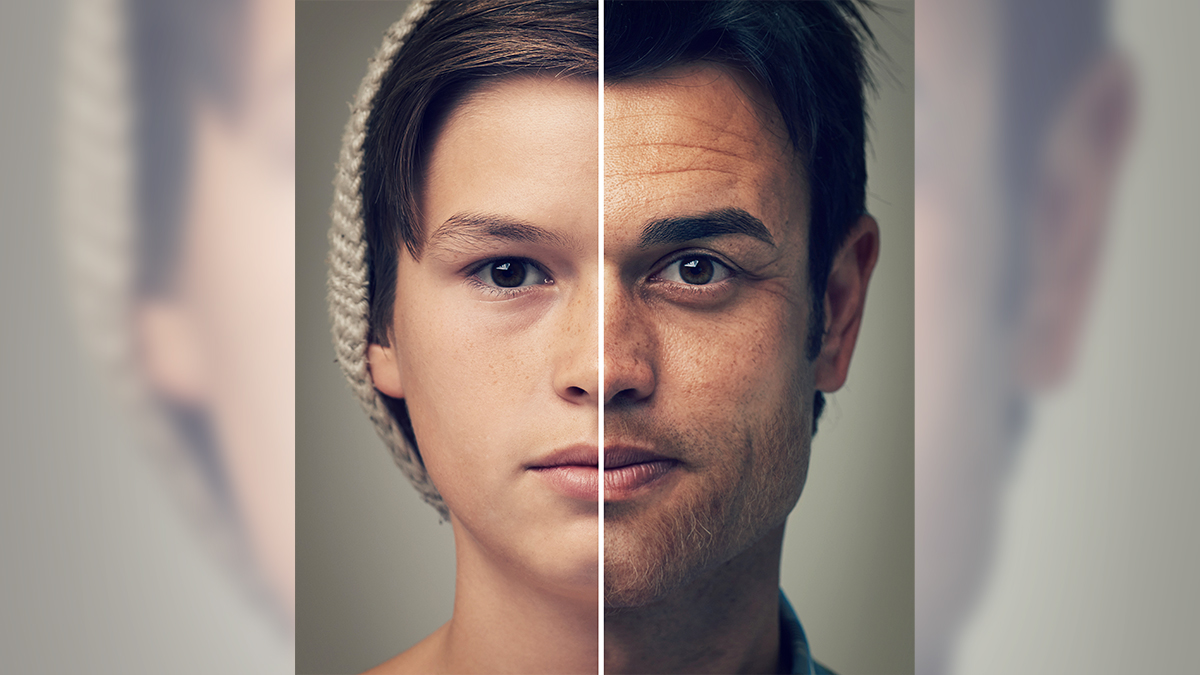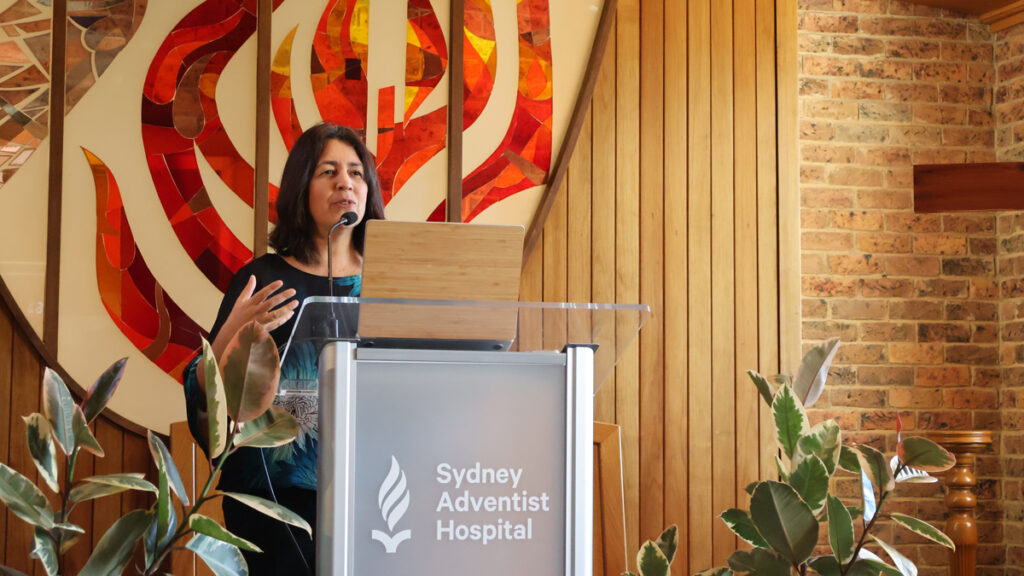If you could pick an age to return to in life, what age would you pick? I sit here realising that my 60th birthday is not that far away. While I appreciate the experiences, knowledge and wisdom that comes with age, my back hurts when I get out of bed in the morning and my muscles take a long time to recover after strenuous exercise. Life was so much easier when I was younger, so if I could return to any age, which one would I pick?
Different ages have various advantages, but I don’t think that I would return to being a teenager or in my early twenties. I think I would pick late twenties or early thirties. By then, your brain is fully developed, you have gained some professional competence, you are hopefully emotionally secure with strong relationships and your body has not started the steep decline.
“But why not a teenager?” I hear you ask. Sure, my life was great when I was a teenager back in the ‘70s, but would I really want to be a teenager today? Dr Adrian Tomyn, in a report funded by the Australian Government, found that the wellbeing of young people declined from the age of 12 to 16 before bouncing back a little by the time they are 19. For many young people these teenage years can be tough and there are many factors that contribute to this decline in wellbeing. The NAB 2017 Survey of Independent Schools found that anxiety was a major issue for many students and detracted from their wellbeing:
“Almost daily, there are reports in the media highlighting the growing challenges facing our children arising from globalisation, the future of work, housing affordability and cost of living pressures, terrorism, climate change, global economic uncertainty, declining levels of literacy and numeracy relative to some countries, cyberbullying and family breakdown to name just a few. So perhaps it’s no surprise children are anxious” (NAB Survey of Independent Schools 2017, p1).
It is strange that in the age of the internet, where people can interact easily through social media, loneliness is a problem. The 2019 Young Australian Loneliness Survey found that a significant proportion of young people reported problematic levels of loneliness. Jean Twenge, in her 2018 book iGen, proposed that social media is contributing to the problem. Her data shows that since smartphones were first introduced there has been an increase in interactions but a reduction in quality human connections. This reduction in quality of connection has led to increased levels of loneliness in young people.
Surely we can do something to help. As Christians, we are charged with the responsibility to look after “the least of these”. Many of our ideas of service are wrapped up in overseas or StormCo trips within Australia. While these are good activities they tend to be one-off events. How do we help out in our home town or city on an ongoing basis? We all need to do our bit and be intentional about it. For example, at Avondale we prepare future teachers to go into schools, minister to students and make a difference in their lives. In our teaching courses we aim to facilitate high levels of wellbeing in Avondale students and set them up so that they can then impact the wellbeing of others. [pullquote]
We know that community and connecting to others contribute to our wellbeing. At Avondale, students join a campus community and participate in a number of activities that help them feel like they belong. You can feel the energy and friendship at the weekly Pulse meeting where students and staff have lunch together. This feeling is also very present during outdoor camping activities. A few weeks ago, I organised a canyoning camp where 20 Avondale students journeyed down Tiger Snake Canyon in the Blue Mountains (NSW).
Spending time in the outdoors feels like you are walking through God’s back garden. We camped in a remote area with no mobile phone coverage. Phones were put aside as our group shared stories around the campfire. The journey through the canyon was an adventure and people had to face their fears as they abseiled into the narrow confines of the canyon. There was cheering as group members overcame personal challenges and moved ahead with the group. Even a wade through waist-deep freezing water could not dampen the spirits of the group who supported each other throughout the day. What a great feeling to sit around the campfire that night and feel the community closeness that comes from shared adventure. I came home having never felt better.
Life for many people today can be hard, but there is help at hand. Teachers can make a difference in the lives of students. People have the opportunity to increase their personal wellbeing while at Avondale and then go into schools as teachers with the knowledge and ability to impact the wellbeing of their students. This is intentional and is ministry in action. With the right sort of help teenagers can increase their levels of wellbeing and be set on a course to flourish in life.
Peter Beamish is a senior lecturer (Education) at Avondale University College.






